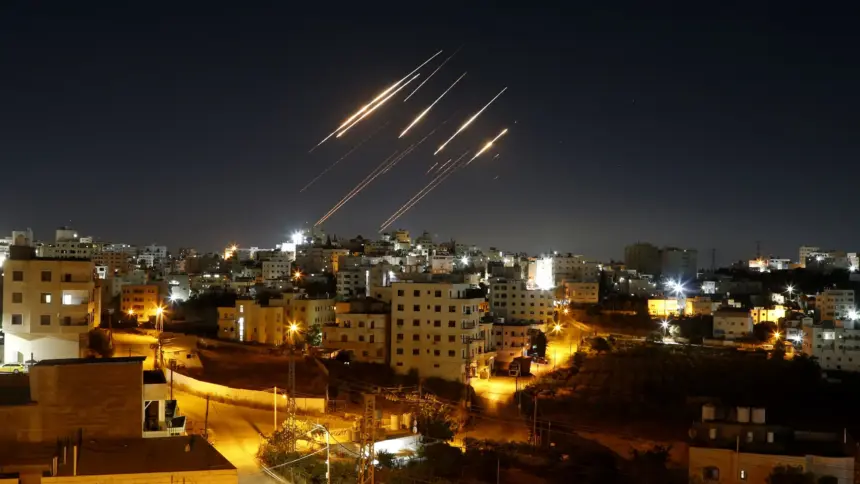Tensions in the Middle East have surged to a dangerous new level as Israel launched a fresh wave of airstrikes targeting sites in and around the Iranian capital of Tehran late Monday night. The strikes, which Israeli officials claim were aimed at military and intelligence installations linked to Iran’s Revolutionary Guard, have prompted fierce condemnation from Tehran and alarmed global leaders.
Iran has vowed “severe and immediate retaliation,” with Supreme Leader Ayatollah Ali Khamenei warning that Israel “will pay a heavy price” for what he called a “cowardly act of aggression.” Iranian state media reported casualties and significant damage to infrastructure, though the exact toll remains unclear.
The Israeli government has not formally confirmed the scale or specifics of the operation but indicated that it was a direct response to Iranian drone and missile threats, as well as continued support for hostile proxy groups across the region. A senior Israeli defense official, speaking anonymously, said the strikes were “precise, defensive in nature, and necessary for national security.”
The escalation marks the most direct military confrontation between the two arch-rivals on Iranian soil in years, raising fears of a full-scale regional war. Missile defense systems were activated in both countries, and international airlines have begun rerouting flights to avoid Iranian and Israeli airspace.
Global leaders have urgently called for restraint. U.S. President Joe Biden urged both sides to “pull back from the brink” and reaffirmed Washington’s commitment to regional stability. United Nations Secretary-General António Guterres appealed for an immediate ceasefire, warning that further escalation could have “catastrophic consequences for the Middle East and beyond.”
European Union foreign policy chief Josep Borrell expressed “deep concern” and said EU diplomats were in contact with both Tehran and Jerusalem. China and Russia have also weighed in, calling for urgent dialogue and condemning the use of force.
In the Arab world, Egypt, Jordan, and the United Arab Emirates have called emergency meetings with regional partners to assess the potential fallout, while oil prices surged over 8% amid fears of disruption in the Strait of Hormuz.
As both nations brace for what may come next, analysts warn the situation could spiral beyond control without rapid international intervention.
“This is uncharted territory,” said Dr. Leila Haddad, a Middle East security analyst. “With every passing hour, the risk of wider conflict involving multiple actors grows exponentially.”
